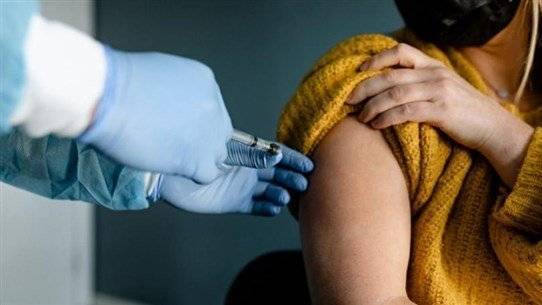The health crisis occurring in some areas in the north due to the spread of hepatitis and the absence of vaccines has raised a fundamental issue regarding the availability of vaccines. Is there a risk awaiting us and our children? Randa Hamada, the director of primary healthcare at the Ministry of Health, confirms to MTV that there is absolutely no problem with vaccines. She clarifies that "the essential vaccines that every child should receive are available through the national immunization program at the Ministry of Health, and this program provides high-quality, safe, and effective vaccines that are refrigerated properly and given for free at health centers and pediatric clinics."
She explains: "There are 11 antigens on the national vaccination schedule, and the most important ones are: polio, measles, German measles, mumps, whooping cough, diphtheria, tetanus, infections from Haemophilus influenzae type b, pneumonia, and intestinal diseases." The only essential vaccine currently unavailable is the meningitis vaccine, which they are working to secure, as indicated by Hamada, who also states: "Its availability is necessary, but we have not yet been able to include it in the national schedule."
In this context, Tracy Makhlouf, the director of communications and outreach at Médecins Sans Frontières, points out to MTV that, as an organization, there is no shortage of vaccines provided by the Ministry of Health, especially in Akkar. "We do not face any difficulties in obtaining them from the markets; the shortage that exists is on the individual level, specifically in some private clinics."
Thus, while essential vaccines are available, the others are "not essential and a child can live without them, provided they have a safe and healthy environment, particularly in terms of food and water," according to Hamada. How will this reflect on the health situation?
Makhlouf considers that "this matter has different implications, especially for the overwhelmed healthcare system, which is weakening day by day. It may struggle to cope with cases that suffer complications from viruses for which vaccines exist to prevent them or to mitigate their symptoms, thereby increasing the need for treatment in hospitals that are already suffering today from the situation and the migration of doctors." Additionally, the risk of epidemics spreading increases in this case, she concludes.




